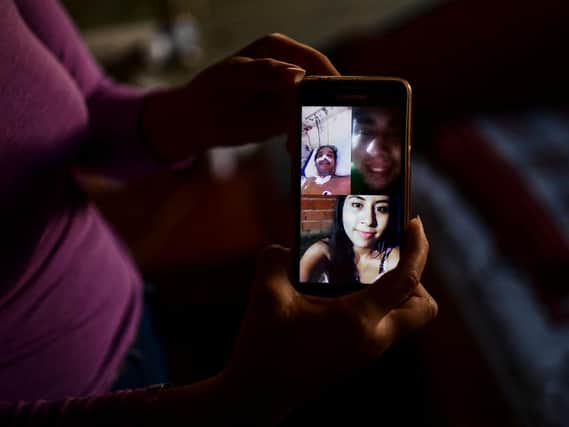VOICES OF THE FUTURE: Young people are excited for a return to normality despite its challenges


With the 21st of June fast approaching, people are looking forward to getting even closer with their families and friends. It is an exciting time that we have all been waiting for. But how do young people feel about the relaxation of all rules of social distancing and getting back to normal face-to-face contact?
Unsurprisingly, most young people aren’t worried about getting back to normal. On the contrary, most are delighted. With all the socialisation hubs, such as nightclubs and all of hospitality, due to be open soon, the young can start mixing with others and make new connections. Of course, FaceTime and Zoom have been substitutes for in-person communication for the past year, but it is not the same. The simple ability to go to a pub or a bar, where you can have a chat with your mates over a drink, is something that many young people love.
Advertisement
Hide AdAdvertisement
Hide AdAlthough a lot of young people are looking forward to going on nights out, the fact that we were all confined to our rooms has made us more isolated. For many, it is more difficult to make new friends and connections through a screen. Our skills of socialising with others have therefore been somewhat decreased. Young people might simply be overwhelmed about the idea of going back to normal because of this. Going from one extreme to another is rather challenging for any human being.
Nevertheless, back to normal means back to physical contact. I think we can all agree that the majority of people have missed hugs and kisses, as they comfort us and help us to get through difficult times. With that soon to be allowed, it will significantly improve everyone’s wellbeing. This is especially important for younger people who have been disproportionately affected by the effects of lockdown restrictions.
Back to normal means going back to our offices, workplaces or lecture halls. Students and work colleagues can finally speak to each other again! Sounds great, right? Well, if you think about the types of jobs young people tend to have, you might think twice about that. As the young are at the start of their careers, many early jobs are usually mundane and monotonous. Why would young people want to look forward to travelling to their workplace and sitting inside their office cubicles again? Does going back to normal simply mean going back to a boring routine?
Overall, I think young people are looking forward to life going back to normal and socialising face-to-face. It will not be easy at the start as people will be nervous and cautious because no one wants another lockdown. But the young are rather adaptive and, with time, almost everyone will be able to feel normal again.